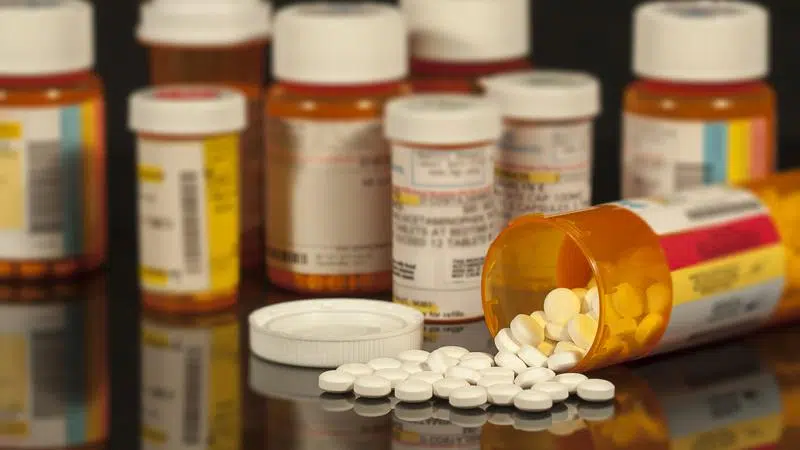
Hydroxychloroquine study enters second week with a call for more participation
The Alberta Hope COVID-19 study is on it’s second week of testing hydroxychloroquine as a possible treatment for the novel coronavirus.
The study, which is jointly run by researchers based out of the University of Alberta and the University of Calgary, and is supported by Alberta Health Services and the Government of Alberta, is testing those who have recently been diagnosed with the novel coronavirus, to determine whether or not this drug is effective at combatting the virus.
Dr. Michael Hill, a professor at the University of Calgary and a co-lead on the Alberta Hope COVID-19 study, says they have already recruited over 70 participants, but do need more participation in order to collect enough data to come up with conclusive results.
“Our goal continues to be to try to get high quality data, to try to understand whether this treatment either works or does not work. Both outcomes are important ones.”
